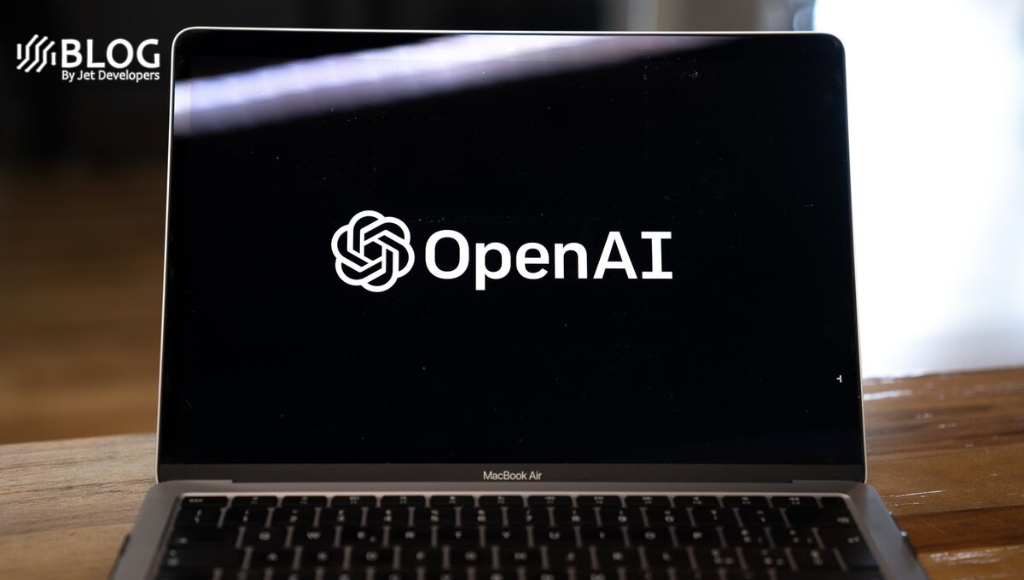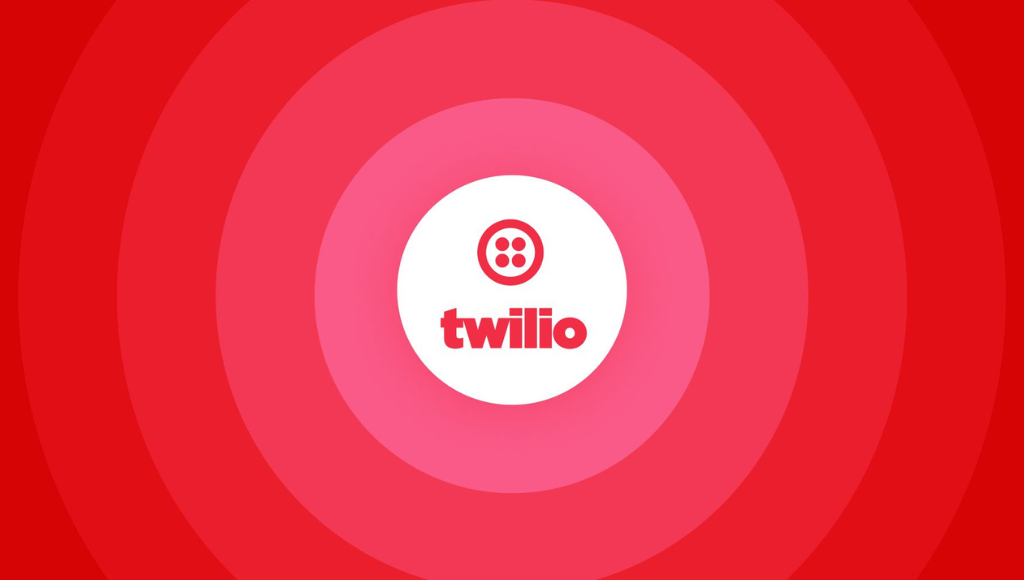Samsung introduced its cutting-edge large language model (LLM) named Gauss on November 8th during its two-day AI Forum. Developed by Samsung Research, the company’s R&D unit, Gauss is an advanced generative artificial intelligence model with capabilities ranging from composing emails and coding to transforming low-resolution images into high-resolution ones. This versatile model is set to be seamlessly integrated into Samsung’s array of devices.
Named after the renowned German mathematician Carl Friedrich Gauss, who laid the foundation for normal distribution theory—the backbone of machine learning and AI—Samsung emphasized in a press release that the name reflects its ultimate vision. The goal is to leverage AI’s power to enhance the lives of consumers by drawing inspiration from diverse phenomena and knowledge worldwide.
Currently utilized in-house to boost employee productivity, Gauss is slated for a broader release through Samsung products and applications. There are speculations that Gauss might make its debut with the Samsung Galaxy S24 in January of the coming year.
The LLM is distinguished by three key components: Gauss Language, Gauss Code, and Gauss Image. Gauss Language acts as an intelligent virtual assistant, facilitating tasks such as email composition, summarization, and content translation. It aims to make Samsung devices more intuitive and responsive to user commands.
Gauss and Samsung’s On-Device AI Technologies
Geared towards software developers, Samsung Gauss Code operates on a user-friendly interface called code.i. This tool assists developers in coding, describing code, and generating test cases efficiently.
On the visual front, Samsung’s generative image model, Gauss Image, showcases its ability to enhance styles, infuse artistic elements, and convert pixelated images into high-resolution photographs.
Samsung’s commitment to on-device technologies was highlighted during IFA 2023 when the company revealed plans to integrate generative AI into Bixby, its virtual voice assistant. Despite facing competition from industry giants like Apple’s Siri and Amazon’s Alexa, Samsung aims to redefine Bixby’s role by enhancing contextual understanding and enabling more natural communication.
Miyoung Yoo, VP of Samsung Electronics Home Appliances Division, expressed the company’s broader vision for AI integration. Yoo stated, “All of Samsung Electronics’ smart home appliances will feature AI capabilities, including water purifiers equipped with core AI functions. Our objective is to transcend mere connectivity and empower smart home appliances to deliver tailored solutions by recognizing customers’ lifestyles and learning their patterns.”
This announcement from Samsung follows closely on the heels of OpenAI’s Dev-Day, where the AI company unveiled GPT-4 Turbo, its latest and most powerful model. The tech industry witnessed a surge of interest with the launch of ChatGPT last November, marking a significant moment akin to the tech revolution sparked by the advent of the internet. In the wake of these advancements, companies big and small have been introducing a plethora of AI products and tools, eager to capitalize on the burgeoning opportunities in the AI landscape.






